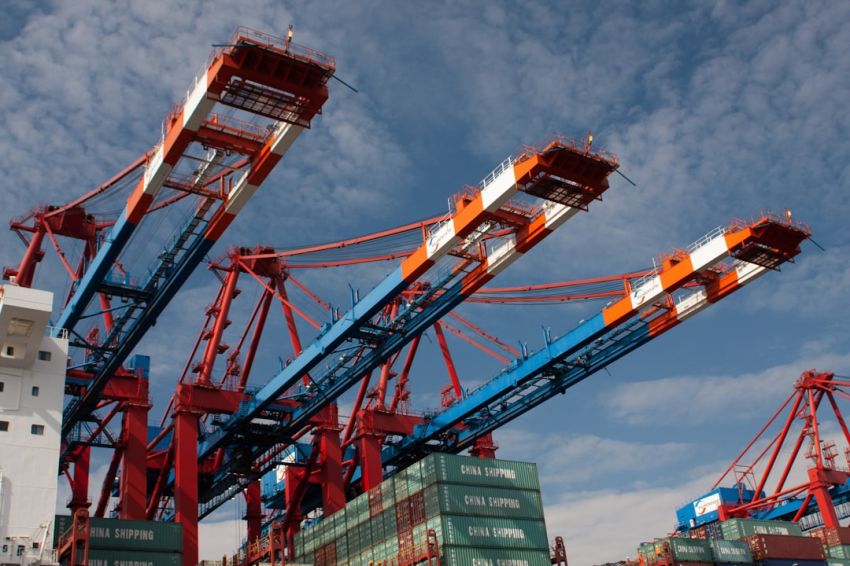Tariffs have long been a contentious issue in the realm of global trade, sparking debates and controversies among nations. These taxes imposed on imported goods play a significant role in shaping the dynamics of international commerce, affecting various aspects of the global economy. Understanding how tariffs impact global trade is crucial in navigating the complexities of the interconnected world market.
The Impact of Tariffs on Domestic Industries
Tariffs are often implemented by governments to protect domestic industries from foreign competition. By imposing tariffs on imported goods, countries aim to make foreign products more expensive, thus giving a competitive edge to their domestic producers. This protectionist approach can help local industries thrive and create jobs, boosting the overall economy. However, the downside to this strategy is that it can lead to inefficiencies and higher prices for consumers, as domestic producers may become complacent without the pressure of global competition.
Trade Wars and Retaliation
One major consequence of tariffs is the potential for triggering trade wars between countries. When one nation imposes tariffs on another, it can lead to retaliatory measures, with each side escalating the trade barriers in a tit-for-tat fashion. This retaliatory cycle can disrupt global supply chains, increase costs for businesses, and ultimately harm consumers. Trade wars fueled by tariffs can have far-reaching implications, affecting not only the countries directly involved but also the broader global economy.
Supply Chain Disruptions and Market Uncertainty
Tariffs can disrupt established supply chains, causing delays and increasing costs for businesses that rely on imported goods. Companies may need to find alternative suppliers or adjust their production processes to mitigate the impact of tariffs. This uncertainty in the market can lead to hesitancy in making long-term investments and decisions, as businesses face unpredictability in trade policies and regulations. The volatility caused by tariffs can create a challenging environment for businesses to operate in, affecting their competitiveness and profitability.
Impact on Consumers and Inflation
One of the most direct consequences of tariffs is the impact on consumers. When tariffs are imposed on imported goods, the prices of those products tend to rise, leading to higher costs for consumers. This inflationary pressure can erode purchasing power and reduce the standard of living for individuals. Additionally, tariffs on essential goods, such as food and medicine, can have detrimental effects on vulnerable populations who rely on affordable imports for their basic needs. The trickle-down effect of tariffs on consumer prices underscores the broader implications of these trade policies.
Navigating the Global Trade Landscape
In a world where economies are increasingly interconnected, the impact of tariffs on global trade cannot be underestimated. The complex web of relationships between nations, industries, and consumers means that decisions regarding tariffs have far-reaching consequences. As countries continue to grapple with the challenges of protectionism, trade wars, and supply chain disruptions, finding a balance between safeguarding domestic industries and promoting free trade remains a delicate task.
Conclusion: The Road Ahead for Global Trade
As the global economy continues to evolve, the impact of tariffs on global trade will remain a critical issue for policymakers, businesses, and consumers alike. Finding ways to address the challenges posed by tariffs while fostering a climate of cooperation and mutual benefit will be essential in navigating the complexities of the modern trade landscape. By understanding the implications of tariffs and working towards sustainable trade practices, nations can foster economic growth, create opportunities for businesses, and ensure a more prosperous future for all stakeholders involved in the global marketplace.










